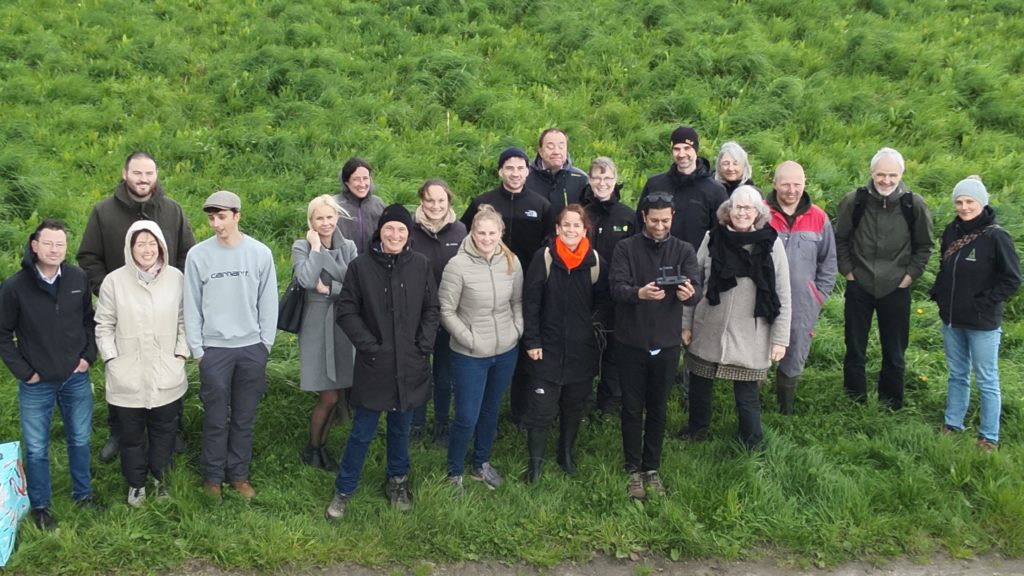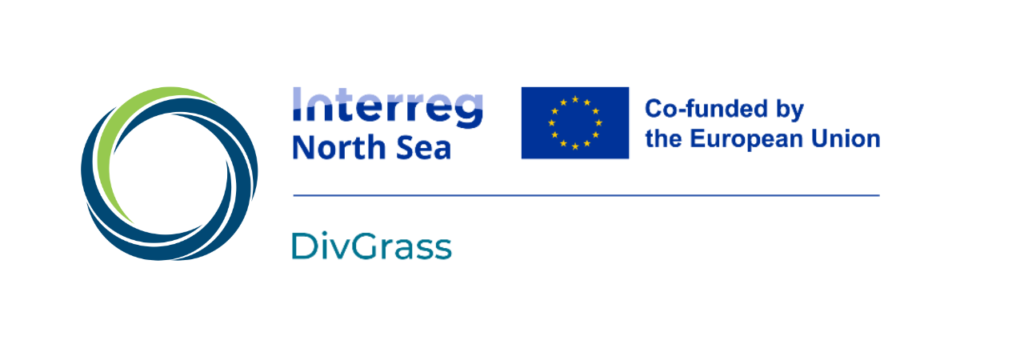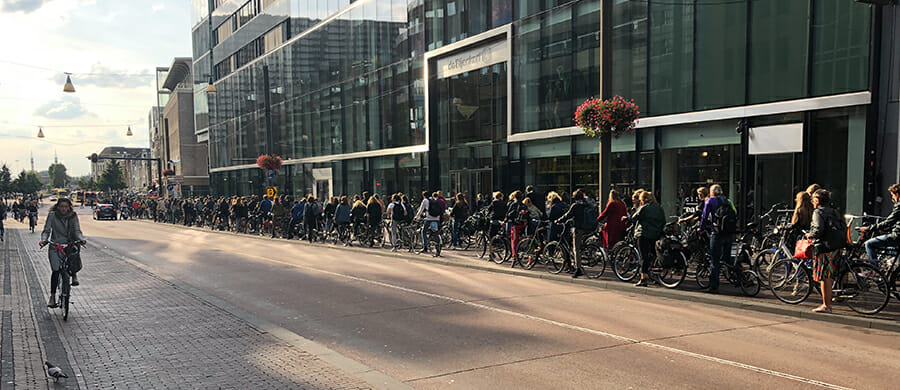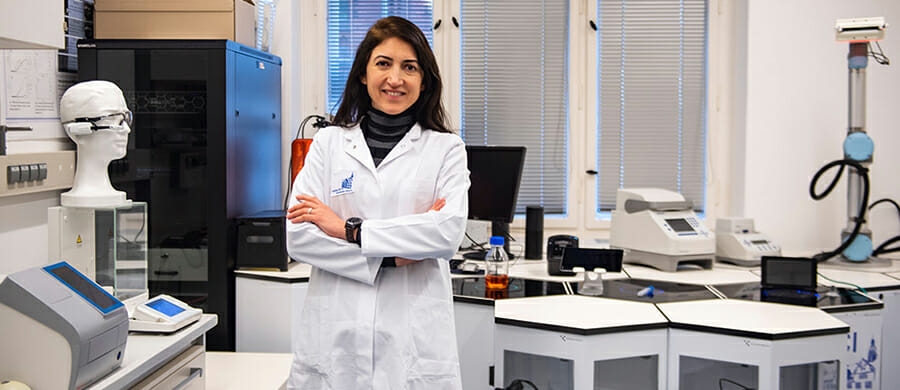DATA & FACTS
Project
2023-2027
Scientific contact
Dr. Barbara Grabkowsky
EU-Funding line
INTERREG North Sea Programm (Programmlinie 3.2)
Projektleitung: Prof. Dr.-Ing. Arno Kwade
Projektname: „Li-Ion Pilot Lines Network“ (LiPLANET)
Keywords: Energie, Mobilität, Partner
Innovative approaches for climate change-adapted grassland management
Farms, and dairy farmers in particular, have a direct influence on biodiversity in grassland ecosystems. Through farm-specific decisions, e.g. when, where, and for how long cows graze on pastures, grazing can have both positive and negative effects on biodiversity. At the same time, climate change requires adapted grassland management, especially on intensive grassland. This is where the DivGrass project comes in. The aim is to make agricultural businesses in grassland management fit for the future against the backdrop of climate change. The central questions are whether species-rich grassland can contribute to greater climate resilience and how adapted grassland management can maintain consistently high production levels and thus the profitability of the farm.
With the help of field laboratories and AI-based drone technology, data from pastures and grasslands is collected, processed, and evaluated. The aim is to involve, support, and advise farms in improving and maintaining biodiversity in grassland.
For example, prolonged heavy grazing and trampling damage can lead to rare plants being displaced from a system. In contrast, moderate grazing can increase plant diversity by reducing the ability of a species to become established. Finding the balance between considering grazing as a forage base and as a tool to increase grassland production, biodiversity, and resilience requires know-how and practice.
A consortium with 11 international partners from agriculture, science, and business from Sweden, the Netherlands, Belgium, France, and Germany is jointly developing practical approaches on how ecosystem services, biodiversity, nature, and species conservation can be combined and optimized with production services. In addition, a DivGrass app will be developed for farmers to make results and recommendations as easily accessible and implementable as possible. DivGrass is funded by the INTERREG North Sea program (program line 3.2) with around 3.8 million euros.

DivGrass started on September 1, 2023 and will run for four years. The project is coordinated by the Center of sustainability transformation in areas of intensive agriculture (trafo:agrar), based at the University of Vechta.

Date:
2024
Das könnte Sie auch interessieren …

Projekt: BITS – BICyCLES and its
Bicycles and ITS (BITS) ist ein neues Projekt zum Thema Fahrrad und ITS (intelligente Transportsysteme), das darauf abzielt, die CO2-Emissionen um 9 % zu senken und die Fahrradnutzung in den Zielgruppen um 10 % zu steigern! Eine Verlagerung des Verkehrs auf umweltfreundliche Verkehrsmittel ist dringend erforderlich, da Verkehrsstaus, …

ProjeKt: decades
Die chemische Industrie steht derzeit vor der herausfordernden Transformation, klassische, auf Erdöl basierende Herstellungsprozesse von Chemikalien durch nachhaltige, biobasierte Produkte im Sinne einer zirkulären Bioökonomie zu ersetzen. Insbesondere Lösungsmittel spielen in der chemischen Industrie entlang der gesamten Produktionskette eine…
